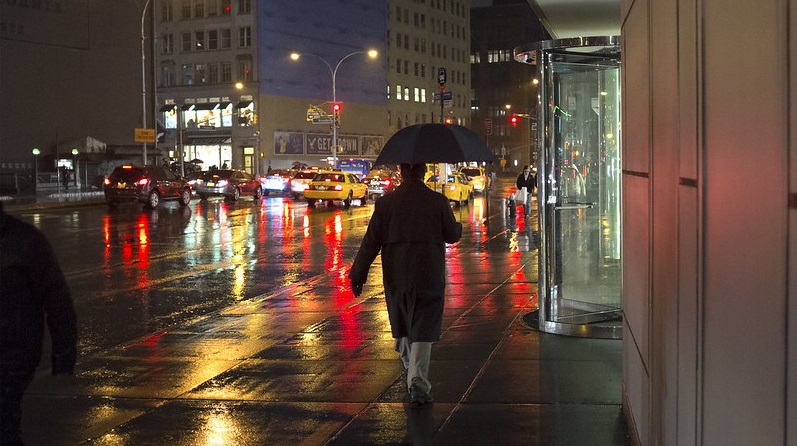In a relatively low powered year for climate leadership, a handful of government, climate finance and corporate initiatives are worth noting
Despite floods in Libya showing the urgency of the climate crisis, 2023’s United Nations General Assembly has been quiet on climate change.
The wave of net zero pledges has crested and the next big UN deadline for nearer-term climate plans is not until 2025.
UN chief Antonio Guterres’ Climate Action Summit, for all his fiery rhetoric on ending fossil fuel addiction, was more notable for the absentees than groundbreaking commitments.
But there were a handful of announcements in New York. Here’s five you need to know about.
1. Brazil ups climate target
Brazil’s new environment minister Marina Silva announced that the country would scrap the weakened climate targets set by the last president Jair Bolsonaro and set more ambitious ones.
To applause, she said the country would update its climate plan so that it cuts emissions on 2005 levels by 37-48% by 2025 and 50-53% by 2030.
“This despite the fact that our historical responsibilities being incomparably smaller than those of the rich countries,” said Silva.
If the baseline is the same, that’s an increase in ambition on Brazil’s 2015 climate plan, which only promised a cut of 43% by 2030.
2. Colombia commits against coal
Colombia and Panama have joined a coalition of governments committed to phasing out coal power.
Colombia’s decision to join the Powering Past Coal alliance is noteworthy given the South American nation is the sixth-largest coal exporter in the world.
“As coal power is on the way to becoming a thing of the past, we are working to reduce the economy’s reliance on coal,” Colombia minister of mines and energy Omar Andres Camacho said.
The alliance commits countries to stop building unabated coal power stations and to phase out the ones they have. It doesn’t say anything about ending coal mining or exporting though.
3. France flops on GCF funding
Despite co-leading a push to make the global financial system work for the climate and developing world, France announced just a 4% increase in its funding for the Green Climate Fund.
With other nations like the UK announcing less than 10% increases, the fund may have to curb its ambitions at the expense of people in the developing world.
Ahead of the fund hosting a pledging conference next month, there was a spate of pledges from smaller nations like Spain, Luxembourg and Iceland.
On Wednesday, the GCF’s new boss Mafalda Duarte set out her vision for reform of the UN’s flagship climate fund.
4. Denmark dishes climate cash
The Danish government is increasing the capital of its development finance institution, which will a
Read More

